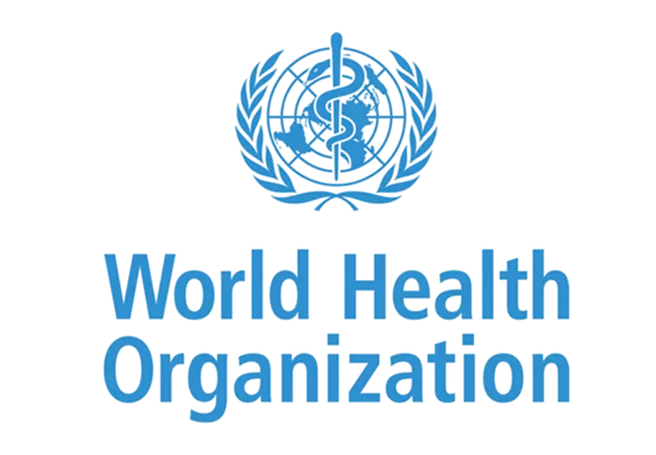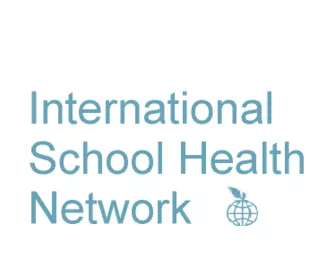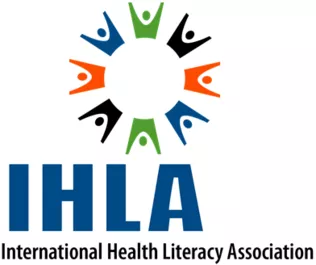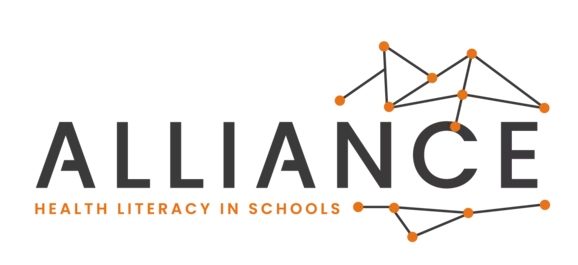The Assistant Professorship of Health Literacy at TUM advocates for health literacy in schools in research, practice and policy. The discussion about health literacy as a relevant concept for school health promotion and education and the abroad discussion about health literacy in general, is actually much older than the still relatively new discussion going on in Germany. Health literacy even has its roots in schools and education, as you can read here in English. Nevertheless, there are hardly any approaches for school-aged children, classroom instructions, teachers, school principals and school staff or for schools and the education sector.
Over the past decade, the interest of academics and researchers in health literacy in childhood, adolescence and schools has increased. However, this field of research is still young and needs to be developed further. There are currently many gaps that the Assistant Professorship of Health Literacy would like to address in its research in the years to come. In Germany, the BMBF-funded HLCA consortium has been researching health literacy in child and adolescent populations in more than 20 projects since 2015, even since 2013 if accounting for the preparatory time and initial research. The aim of HLCA is to develope concepts and models, measurement tools, questionnaires, instruments and surveys, interventions and programs (see also here, here and here) and policy approaches. Besides generic health literacy, the focus of HLCA research is also on mental health literacy and digital health literacy. Read more about HLCA on the TUM website, the IZGK website and the HLCA website, as well as the HLCA Twitter account.
A sustainable approach to health literacy in schools requires support by federal and state education and health policy. Policy programs and long-time funding are necessary prerequisites the education sector needs to be provided with in order to successfully address health literacy in schools, curriculum development and teacher training as well as to effectively strengthen health literacy in schoolchildren, starting at an early age. In Germany, there have been some positive developments in this regard in the policy field in recent years, as you can read here. However, it is of upmost importance that health literacy is not just externally introduced to schools but developed together with schools and from within the schools.
Prof. Dr. Orkan Okan has been increasingly active in the field of health literacy-related research in the context of school and education in the recent years. He has been engaged with various international organizations and networks in order to develop reports, evidence syntheses, fact sheets and policy briefs on health literacy in schools. A few selected reports and strategies are briefly presented on this website (see the links below). In addition, the policy website provides information on education and health policy strategies to strengthen health literacy in Germany.






